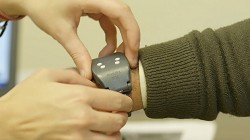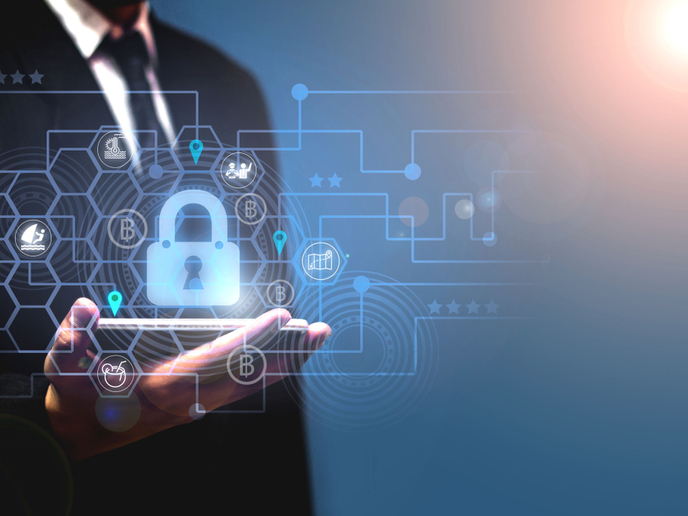Intelligent, sensitive monitoring for dementia support
In line with the hike in average life expectancy across the globe, there has been a parallel increase in the incidence of dementia. Whilst waiting for a sustainable cure for all of its forms, it has become paramount to develop personal health support systems for the integrated monitoring of behaviour with medical data that enables effective care for patients with this condition. The EU-funded DEM@CARE(opens in new window) project has developed a closed-loop management solution for people with early or mild-stage dementia through multi-parametric remote monitoring and individually tailored analysis of physiological, behavioural and lifestyle measurements. 'Innovative data analytics and decision-making solutions provided by DEM@CARE minimise subjectivity in current clinical diagnosis protocols.' explains project coordinator, Dr Yiannis Kompatsiaris, Head of the Multimedia, Knowledge and Social Media Analytics Lab at the Centre for Research and Technology Hellas, Greece. 'The result is facilitation of an automated objective assessment of autonomy in the activities of daily living in both clinical settings and at home.' Three operational scenarios The DEM@CARE solution has been tailored for three specific situations. Dem@Lab assesses the cognitive state of participants. In pilots in France and Greece, Dem@Lab has shown that real-life monitoring can lead to a more accurate and timely diagnosis of early-stage dementia or mild cognitive impairment (MCI). Important for follow-up exploration is to ascertain if Alzheimer's disease (AD) is responsible, with results demonstrating 82 % accuracy when distinguishing between healthy, MCI and AD cognitive states. Secondly, Dem@Nursing improves care by monitoring behavioural patterns and symptoms in nursing homes. Successful trials were held in two nursing homes. Finally, Dem@Home has demonstrated a positive impact on people with dementia living independently at home. Significantly, the system supports and monitors the effectiveness of individualised non-pharmaceutical interventions. Novel technologies for integration The multi-sensor ambient monitoring system records sleep, utility usage, as well as environment and profiles behaviour and lifestyle by composing daily living routines. Specially developed visual sensing algorithms recognise complex activity from static and wearable cameras, supporting highly accurate real-time event detection and people tracking. 'An important addition is intelligent machine learning and dynamic model adaptation solutions that handle behaviour variability.' Dr Kompatsiaris points out. 'For example, advanced audio sensing analytics extract significant quantitative characteristics, indicative of the person’s behavioural, mental and emotional state.' Integrated information networks for clinician, patient and caregiver Through objective observations, the DEM@CARE system data provides clinicians with a picture of the health status of the person with dementia and alerts them to the presence of unfavourable trends so preventative interventions can be taken. In parallel, a feedback loop for people with dementia as well as their informal caregivers enables individuals to receive personalised supportive feedback from the clinician. The information is presented in an intelligent, sensitive way if necessary. For example, the user receives information on the total amount of sleep rather than quality and interruptions to avoid stress and loss of confidence. The patient interface also supports simple functions such as messages with the carer in order to organise appointments. Commercial possibilities materialising Multiple commercialisation efforts have emerged from each of the research fields involved in DEM@CARE. US-based IBM Watson Health, an expert on the 'cognitive' abilities of computers in healthcare, has used technologies developed in the project. Carealia(opens in new window), active in intelligent sensing in the care of dementia, has also harnessed DEM@CARE developments. Other companies include Second Regard using video analysis techniques and Sensorizon(opens in new window) interested in nursing home solutions linking sleep and stress to symptoms of AD. Dr Kompatsiaris wraps up the achievements of the project: 'The DEM@CARE integrated platform as a whole has advanced the technical state of the art in ambient assisted living and is able to provide support to both clinicians and people with early stages of dementia. Compared with other current high-tech approaches, it has integrated more than one sensor per modality, analytics and interpretation with intelligent interfaces to fuse personal and relevant clinical data.'







